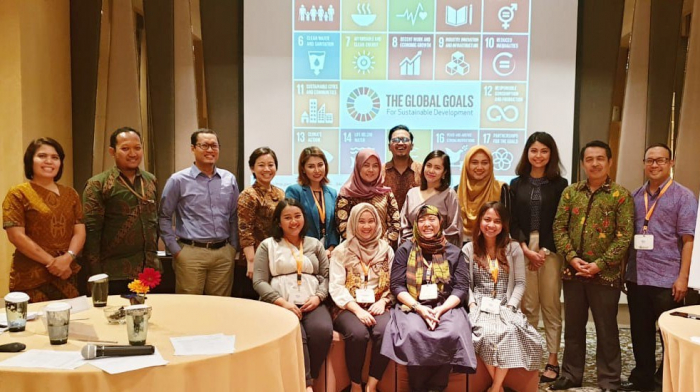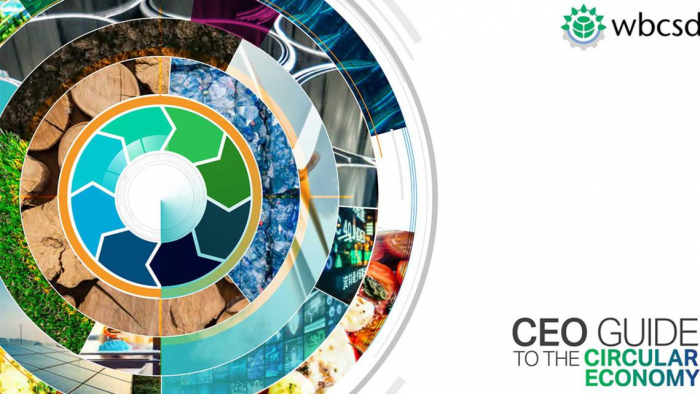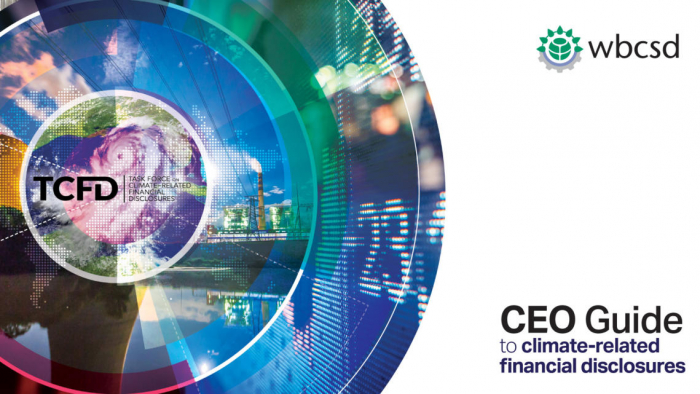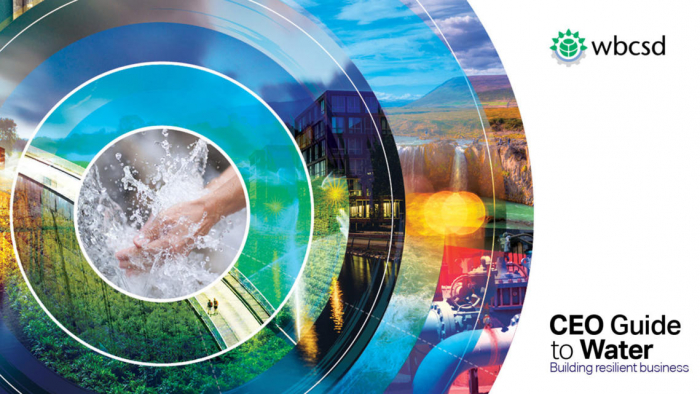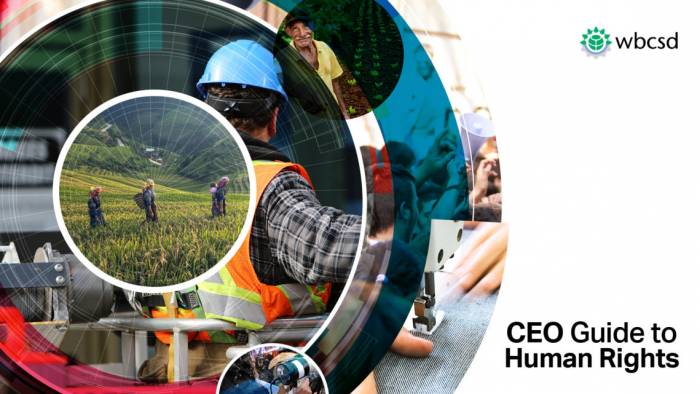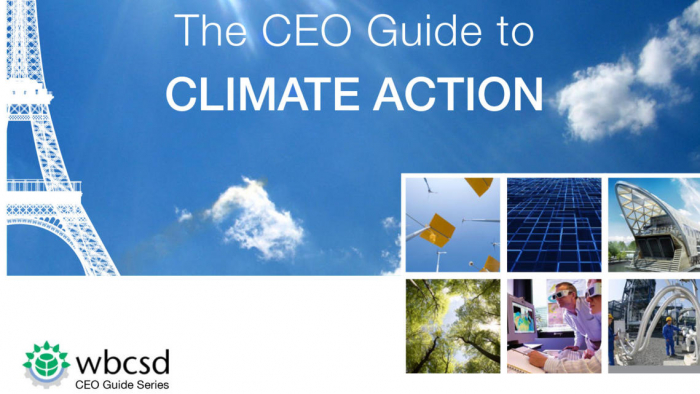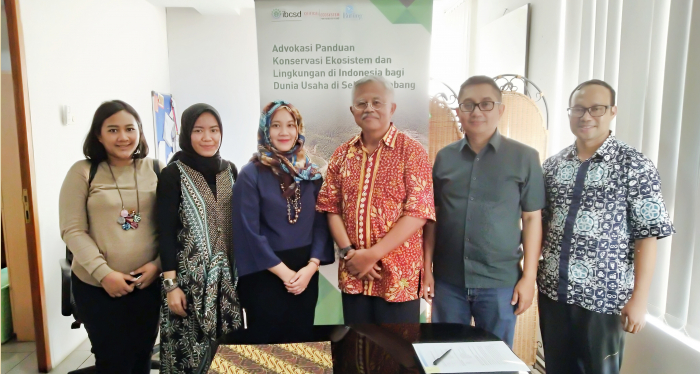
Partneship for Advocacy on Sustainable Mining Guidline
Under the partnership agreement, IBCSD and IMA will work together in conducting advocacy on the Guideline for Biodiversity Protection in Mining Area. The guideline has been developed through the collaboration between IBCSD and the Critical Ecosystem Partnership Fund (CEPF) through Burung Indonesia as the CEPF regional implementation team. The Guideline has been collaboratively developed through various stages by engaging relevant stakeholders from both state and non-state actors. The consultation process of the guideline prior to the implementation is critically important to ensure ownership and support from all relevant stakeholders to thrive together. In this partnership, IMA confirms its position to support sustainable mining maintaining balance between biodiversity conservation and business sustainability aspects.

